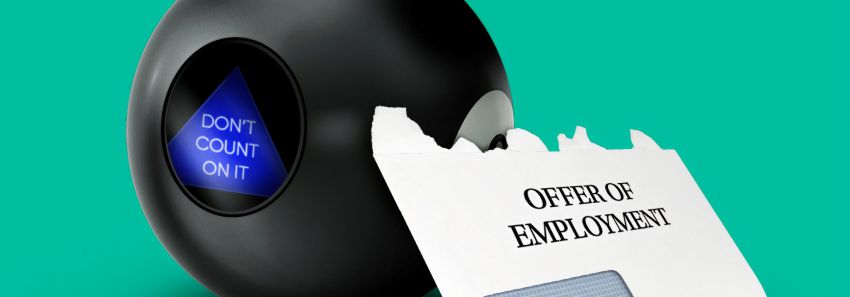Constructive Feedback to actively bridge the gap
Tired of watching your team yawn their way through a workshop and dump their never-to-be-seen-again materials in a drawer? There’s a reason why training programs and workshops fail. Your employees need to know why they're upskilling or developing and the benefits to them. The Conscious Competence Learning Model by Martin M Broadwell shows the 4 stages we go through when learning a new skill or behaviour. Unconscious Incompetence – you don’t know that you don’t know (your blind spot) Conscious Incompetence – you're aware of your gap because of feedback Conscious Competence...





